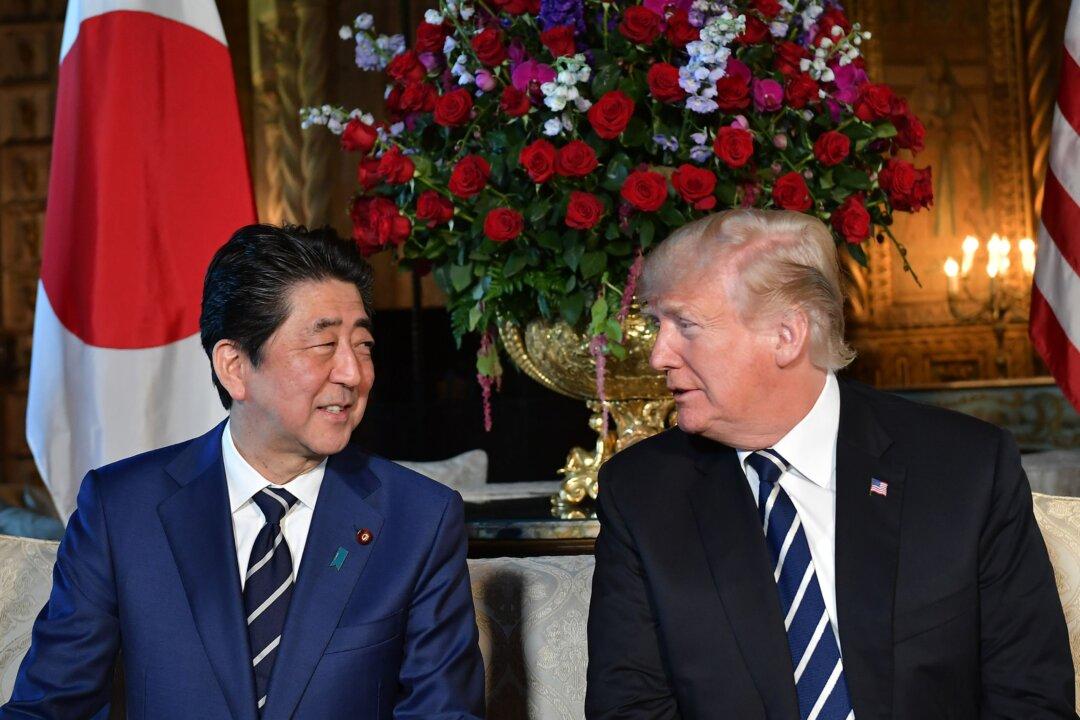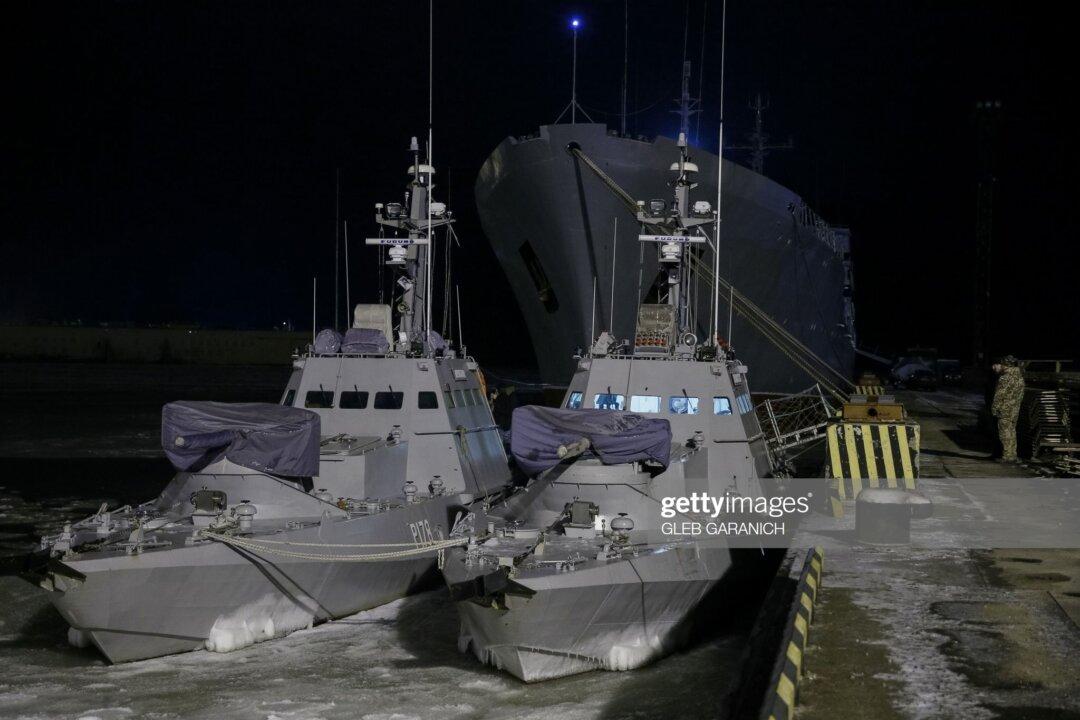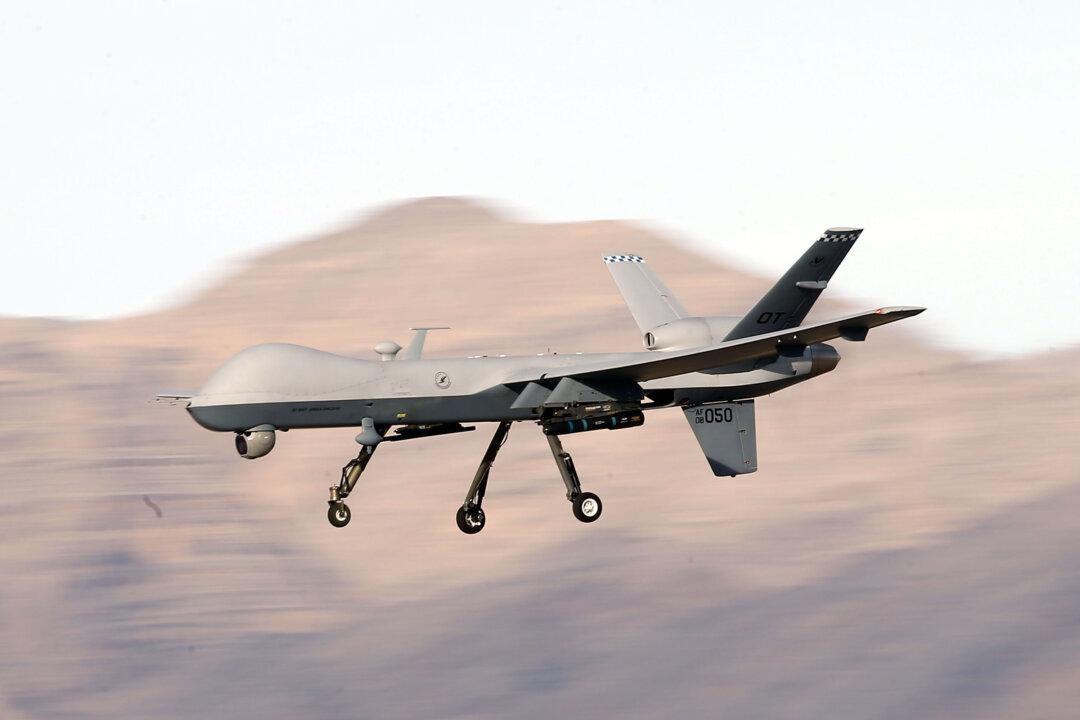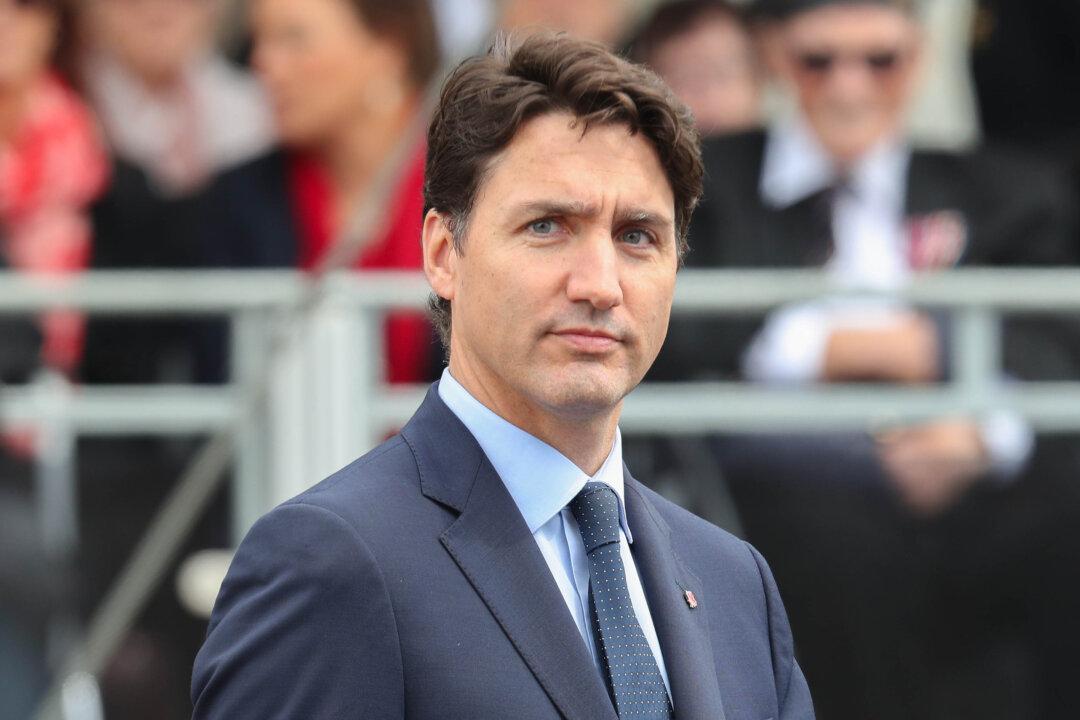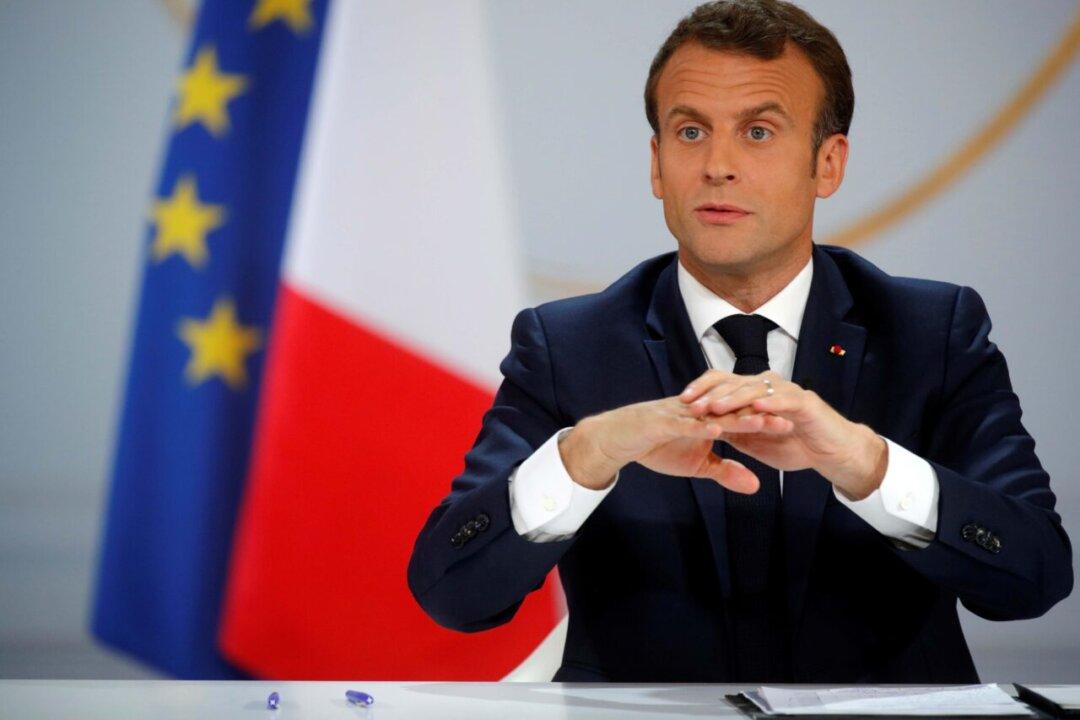Japanese Prime Minister Shinzo Abe visited the United States from April 17 to 18, but the importance of his visit was largely lost in the maelstrom of media reporting on the U.S.-led strike on Syrian chemical weapons facilities, the seizure of President Donald Trump’s personal lawyer’s records, and the release of former FBI Director James Comey’s smear-all account of his relations with Trump.
The treatment of Abe was not quite on the level of “disrespect,” but rather it reflected the media’s inability to differentiate between the strategically significant and the tactically transitory. Without belaboring the obvious, U.S. relations with Tokyo are more important than Assad’s use of chemical weapons and Comey’s strained analogy of Trump as a mafia chief or his snippy comment on the size of Trump’s hands.
